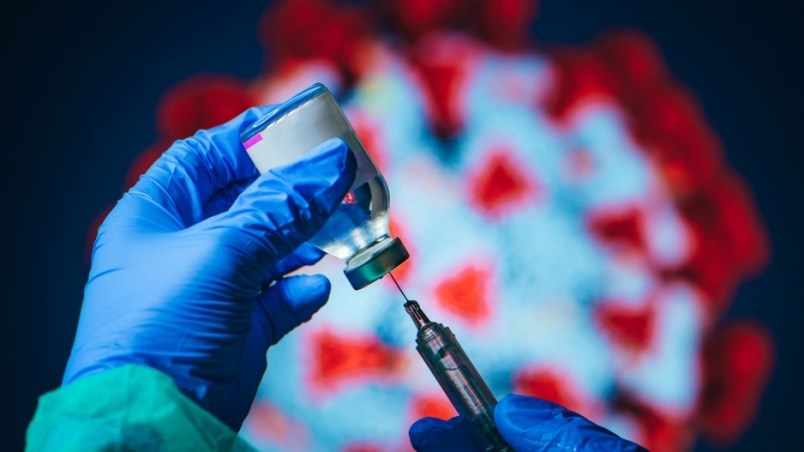OTTAWA — Health Canada says the COVID-19 vaccine from U.S. biotech firm Moderna is safe for use in Canada.
The vaccine is the second to be greenlit in Canada, following the Pfizer-BioNtech vaccine on Dec. 9.
Moderna anticipates starting shipments to Canada within the next 48 hours.
Up to 168,000 doses are set to arrive by the end of December, and two million by the end of March.
Prime Minister Justin Trudeau is scheduled to provide an update this afternoon, while government and public-health officials will provide briefings on the vaccine's approval and plans to distribute the shots.
Canada is to get 40 million doses of Moderna's vaccine in 2021, enough to vaccinate 20 million people, or about two-thirds of the Canadian adult population.
The vaccine is not yet recommended for use on children as tests on adolescents only began in December and tests on children younger than 12 won't begin until next year.
Health Canada said in a statement that Moderna will have to continue to provide information to the regulator on the safety of the vaccine.
"Health Canada and the Public Health Agency of Canada will closely monitor the safety of the vaccine once it is on the market and will not hesitate to take action if any safety concerns are identified," the statement said.
Canada's doses of the Moderna vaccine are being made in Europe.
The first doses are prioritized for front-line health staff, residents and workers in long-term care, adults in remote Indigenous communities, and seniors over the age of 80 living in the community.
The Health Canada statement called Wednesday's decision a "critical step" to getting vaccines to all parts of the country.
"The different storage and handling requirements of the Moderna COVID-19 vaccine mean that it can be distributed to isolated and remote communities, including the territories," the statement said.
The government has previously indicated the Moderna vaccine will be sent to more remote communities because it does not have the same extreme-cold storage requirements as the Pfizer vaccine.
This report by The Canadian Press was first published Dec. 23, 2020.
The Canadian Press



